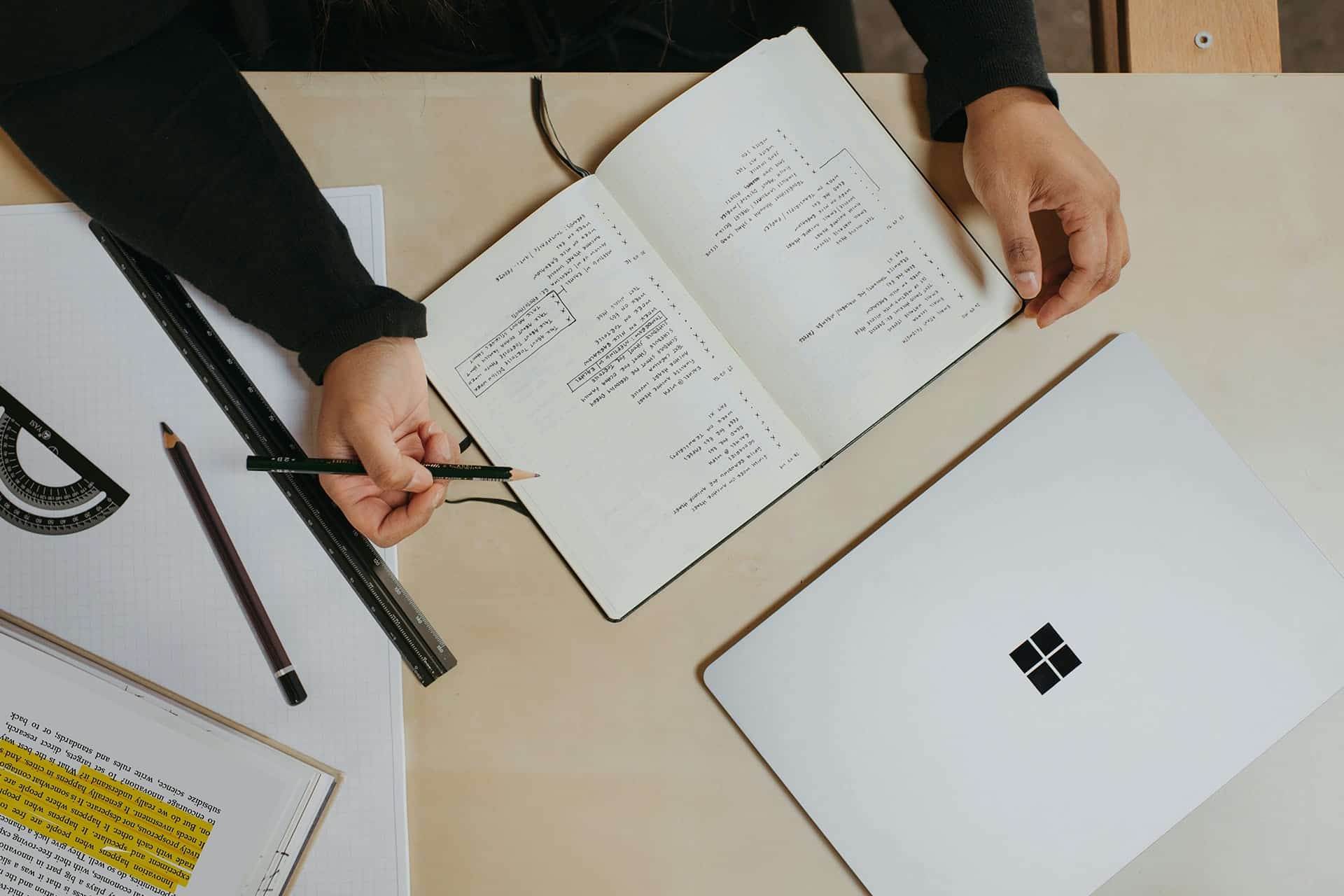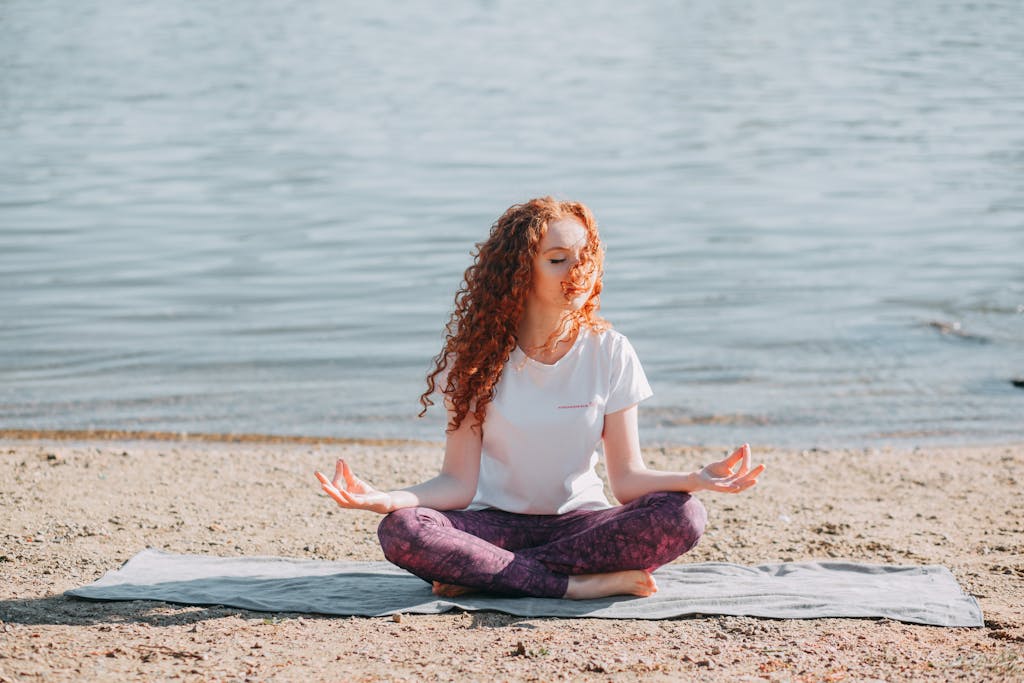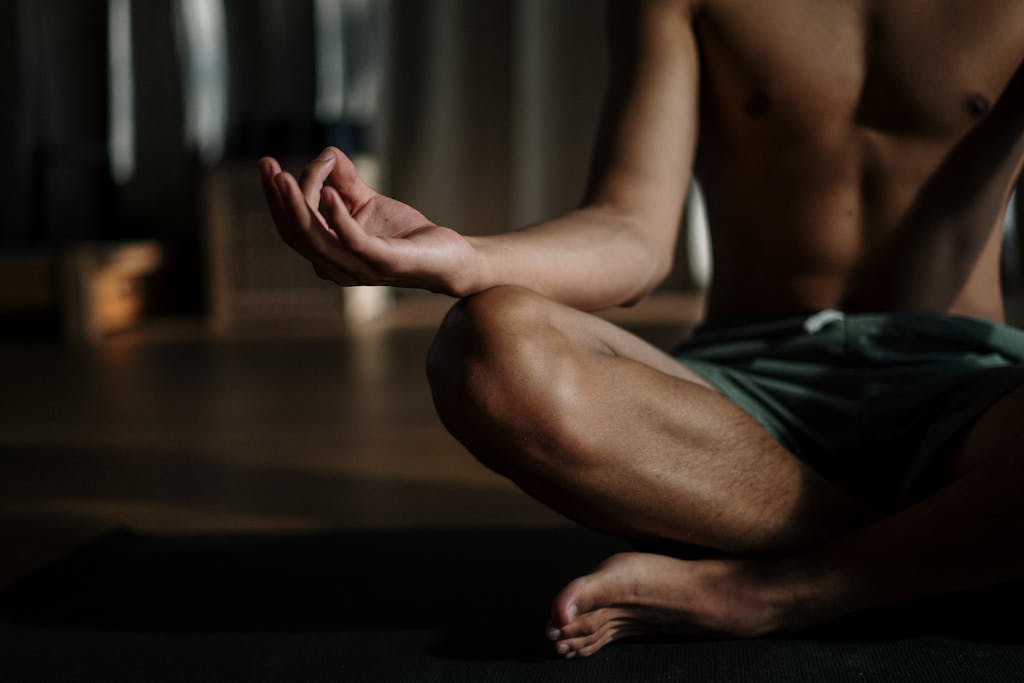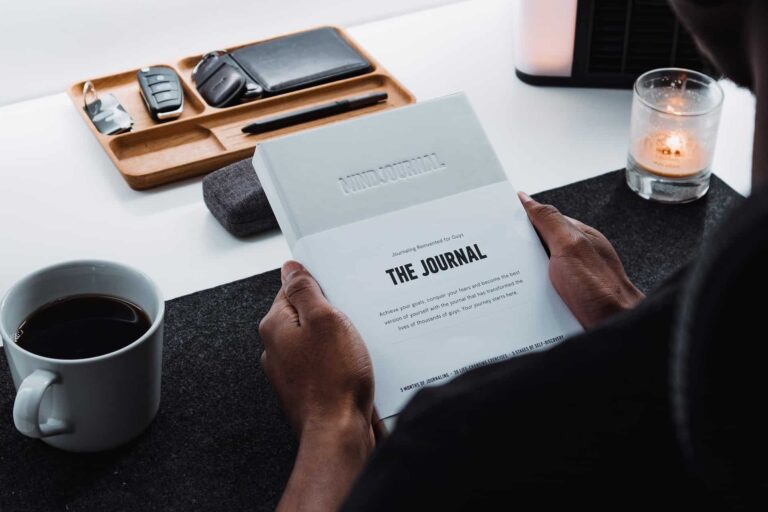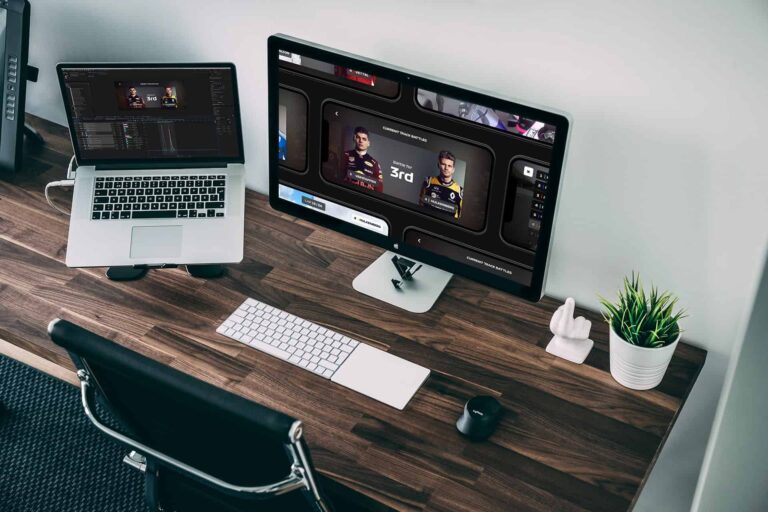5 Effective Stress Management Techniques for Quick Relief
Stress is an inevitable part of life, but managing it effectively can make a significant difference in your overall well-being.
Whether you’re dealing with work pressures, personal challenges, or daily responsibilities, learning how to relieve stress quickly can help you stay focused, calm, and productive. In this guide, we will explore five effective stress management techniques that can provide quick relief and improve your mental and physical health.
1. Deep Breathing – Instantly Calm Your Mind and Body
Deep breathing is one of the simplest yet most effective stress-relief techniques. By taking slow, controlled breaths, you can activate your body’s relaxation response and reduce the production of stress hormones like cortisol.
This practice helps lower heart rate, blood pressure, and muscle tension, making it an excellent tool for immediate relaxation.

Key Features:
- Engages the parasympathetic nervous system for relaxation
- Reduces heart rate and lowers blood pressure
- Can be practiced anywhere, anytime for quick stress relief
- Improves focus and mental clarity
2. Physical Activity – Release Tension Through Movement
Exercise is a powerful stress reliever that helps release endorphins, the body’s natural mood boosters. Engaging in physical activity, whether it’s a short walk, stretching, or a full workout, can help reduce stress levels and improve overall well-being. Even a few minutes of movement can make a significant difference in how you feel.


Key Features:
- Releases endorphins to improve mood and reduce anxiety
- Helps lower stress hormone levels, such as cortisol
- Enhances blood circulation and boosts energy levels
- Supports long-term mental and physical health
3. Mindfulness Meditation – Stay Present and Reduce Anxiety
Mindfulness meditation is a powerful technique that encourages you to focus on the present moment rather than worrying about the past or future.
By practicing mindfulness, you can train your mind to become more resilient to stress and develop a greater sense of inner peace.ccaecat cupidatat non proident, sunt in culpa qui officia deserunt mollit anim id est laborum.
Key Features:
- Increases self-awareness and emotional regulation
- Reduces symptoms of anxiety and depression
- Enhances concentration and decision-making
- Can be practiced in as little as 5-10 minutes per day
4. Progressive Muscle Relaxation – Ease Tension in Your Body
Progressive muscle relaxation (PMR) involves tensing and then relaxing different muscle groups in your body. This technique helps release physical tension caused by stress and promotes a deep sense of relaxation. It’s especially useful before bedtime or during moments of high stress.bis est eligendi optio cumque nihil impedit quo minus id quod maxime placeat facere possimus, omnis voluptas assumenda est, omnis dolor repellendus.
Key Features:
- Relieves muscle tension and reduces physical discomfort
- Lowers overall stress levels and promotes relaxation
- Enhances body awareness and mind-body connection
- Simple to practice and requires no special equipment
5. Journaling – Express and Process Your Thoughts
Writing down your thoughts and feelings can be a great way to process emotions and reduce stress. Journaling helps you organize your thoughts, identify stressors, and gain a new perspective on challenges. It also serves as a healthy emotional outlet, allowing you to release pent-up emotions constructively.

Key Features:
- Encourages self-reflection and emotional clarity
- Helps identify and manage stress triggers
- Provides a private and non-judgmental space for expression
- Can be combined with gratitude journaling for additional benefits
Final Thoughts: Finding the Right Stress Management Technique for You
Stress affects everyone differently, so finding the right stress management technique is essential for maintaining balance and well-being. Whether you prefer deep breathing, physical activity, mindfulness meditation, muscle relaxation, or journaling, incorporating these practices into your daily routine can help you manage stress effectively. Experiment with different techniques and discover what works best for you so that you can stay calm, focused, and in control no matter what challenges arise.

